In a nutshell:
Vahit Tursun is a researcher who traces his mother tongue, a writer who carries the voice of memory to the future; a life story that echoes in a forgotten language.
Born in the Pontic region, his early exposure to the Romeika dialect sparked a lifelong passion for linguistics and cultural heritage. He is the author of the Romeika–Turkish Dictionary and several works on Pontic Greek grammar and literature.
He has edited and translated books, developed linguistic documentation standards for endangered dialects, and contributed significantly to digital language-preservation projects. His work bridges tradition and technology with a deep respect for oral history and local memory.
His most recent works include editing the children’s book Paramiθa Sa Romeika and translating Acının Karşı Kıyısı, bringing these voices into new cultural spaces.
Vahit Tursun was born in 1966 in the Greek-speaking village of Okena (Köknar), in the region of Katohorion (Çaykara), Trabzon. From an early age, his native language was Romeika (the Pontic Greek dialect), while he later learned Turkish at primary school. Over time, he came to realize the Pontic Greek identity of his mother tongue and its widespread use in Greece. He has lived in Greece since 1989. He is married, the father of two children, and grandfather to one grandchild. He speaks Romeika, Turkish, and Greek fluently, with basic knowledge of Arabic, English, and German.
He studied Theology and Arabic Language and Literature. He has excellent computer knowledge and is proficient in programs such as Microsoft Word, Adobe InDesign, Adobe Photoshop, Adobe Dreamweaver, Adobe Fireworks, and Adobe Premiere. He created and managed websites such as romeyika.com, romeika.info, romeika.online, and vahittursun.com (now closed due to workload).
He has worked in various construction fields including masonry, plastering, tiling, painting, as well as stone carving, marble carving, wood carving, and furniture/stone construction. He specializes in wooden roofs (either covered or open-style).
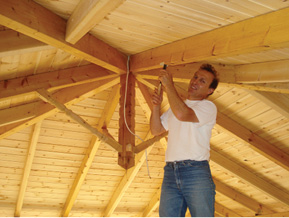
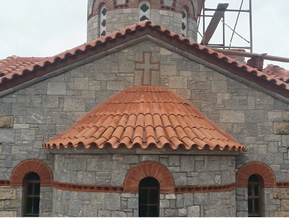
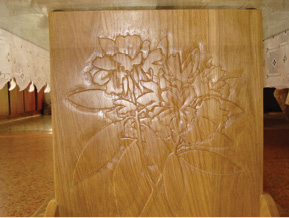
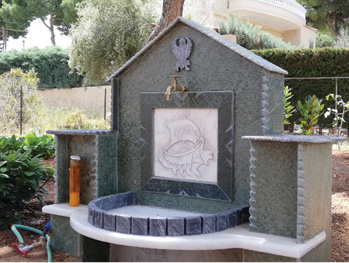
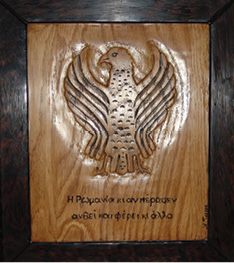
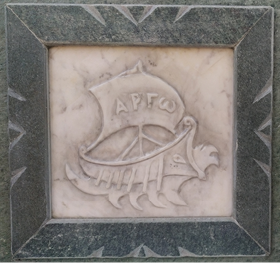
Together with his wife, he worked for approximately 11 years in the kitchen of the AEK FC Academy, developing a specialty in dietary cuisine.
For over three decades, Vahit Tursun has been dedicated to the preservation, study, and promotion of the Romeika language and identity of modern-day Pontus. From 2001 to 2011, he produced and hosted the weekly radio show «Pontic Hellenism» on ERT-5 of the Hellenic Broadcasting Corporation (ERT), in Romeika (Of dialect), aimed at the Greek diaspora.
• Romeika – Turkish Dictionary (Romeika–Turkish Lexicon): A ~600-page dictionary with ~14,500 entries. Heyamola Publishing, Istanbul (1st ed. 2018, 2nd ed. 2019). Foreword: Peter Mackridge (Professor Emeritus, University of Oxford). ISBN: 978-605-7592-13-2
• Romeika (Pontic Greek): Literature – Grammar Information and Dialectal Comparisons: Töz Publishing, Ankara, 2023. Foreword: Thede Kahl (University of Jena). ISBN: 978-605-7186-461
• The Opposite Shore of Pain (Acının Karşı Kıyısı): Greek→Turkish translation of Theodora Ioannidou. Öteki Publishing, Oct 2024. ISBN: 978-975-5845-715
• Paramitha Sa Romeika: Children’s book in the Romeika dialect of Tonya. Editor: Vahit Tursun. Zizi Çocuk Publishing, Feb 2024. ISBN: 978-625-9882-109

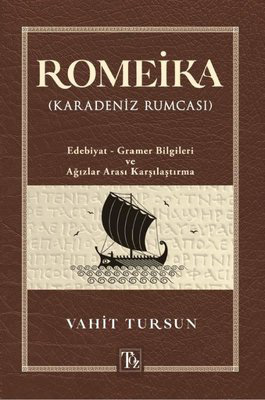
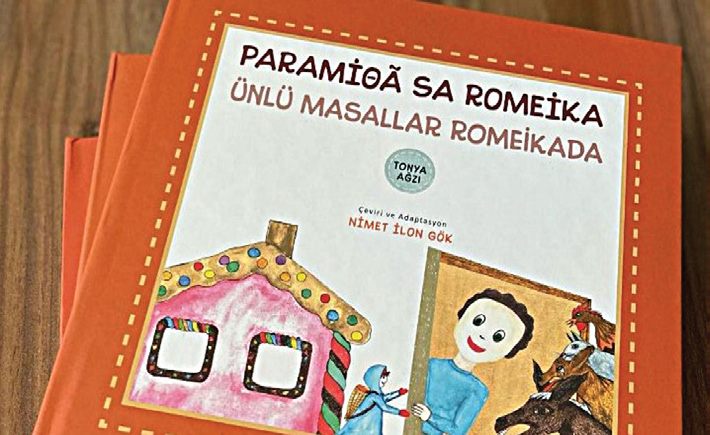
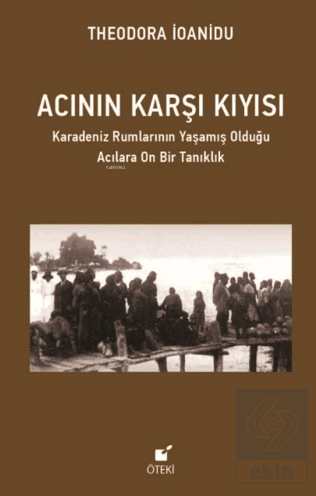
• Romeika Zoological Dictionary (300+ zoological names, in Pontic Greek)
• The Nature of Modern Pontus – Botanical Dictionary (500+ plant names, in Pontic Greek)
• Temel Kimdir – Heyamola Publishing (17 pages)
• Karardı Karadeniz – İletişim Publishing (28 pages)
• Kardeş Diller Sözlüğü – Lazika Publishing (500 Romeika words contributed)
• Karadeniz’in Kaybolan Kimliği – İletişim Publishing (8 pages)
• Yeşilden Maviye – Nika Publishing (11 pages)
• Pontos Gerçeği – Belge Publishing (significant article on the Romeika language)
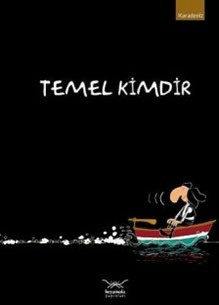
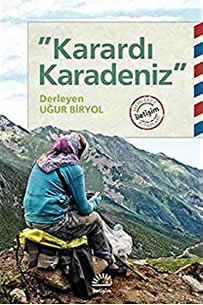
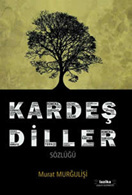
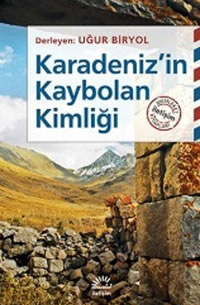
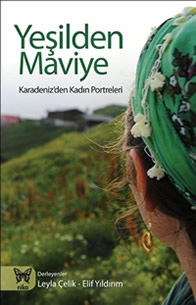
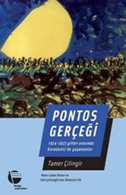
In Turkey: Published in Radikal, Hürriyet, Birikim, Sabah, Daily Sabah, Yeni Şafak, Anadolu Agency, and others. Notable articles include: Romeika of Anatolia is Dying, Who is Temel, The Cost of Language, Nameless Grandmother, Pontus Paranoia, etc.
In Greece: Published in Kathimerini, Eleftherotypia, Ethnos, Ardin, Efksinos Pontos, Pontiaki Gnomi, and others. Notable articles include: Greek-Speaking Pontians in Turkey, In Pontus, Romeika is No Longer Spoken, Farewell to the Turkey You Are Losing, In the Black Sea, a Pontic Greek Village Slowly Dies, etc.
Music Albums (Lyrics and Voice Contributions):
– Anemos (2012) by Adem Ekiz — song: «Ouk epóresa horió m’»
– Romeika (2015) by Apolas Lermi — songs: «Mana», «To horion m’ nounizo» (narration), «As páme sin Kiórele», and more.
Documentaries:
– Oi Fakeloi (“The Files”) — investigative series by A. Papachelas for MEGA TV on Islamized Pontians in Turkey
– Romeyika’nın Türküsü (“The Song of the Romeika Language”) — screened in 2009 at festivals in Ankara and Istanbul, ranked among top documentaries of the year.
On February 6, 2024, he received the “Evprepeia 23” Award from the International Press Union of Greece for his Romeika–Turkish Dictionary.

• Romeika Microtoponyms – An Etymological Study: Recording and analyzing local place names used by Pontic-speaking populations in modern Pontus, with comparative study to Ancient/Medieval Greek.
• The Cost of Being Different – An Autobiographical Chronicle: Personal experiences as a bearer of a marginalized identity — language, origin, persecution, threat, spiritual survival.
• Greek Edition of the Romeika–Turkish Dictionary: Revised adaptation including reprocessed meanings, phonological reviews, and dialectal distinctions, aimed at scholars of the Pontic diaspora.
• Teaching Romeika to Artificial Intelligence: Digitizing the Romeika language for AI models (phonetics, morphology, core grammar) to ensure linguistic sustainability with digital tools.